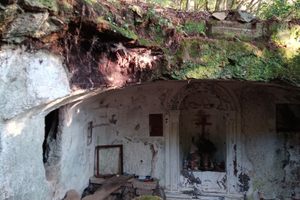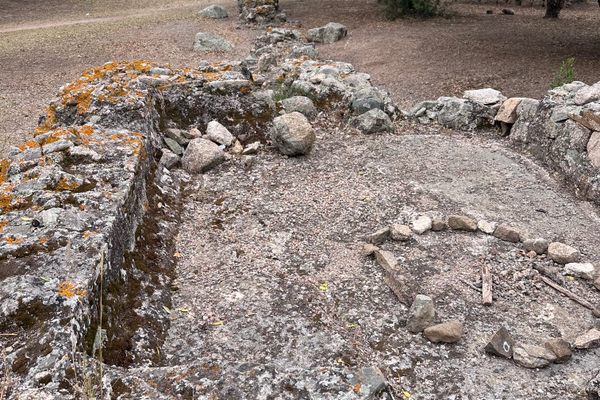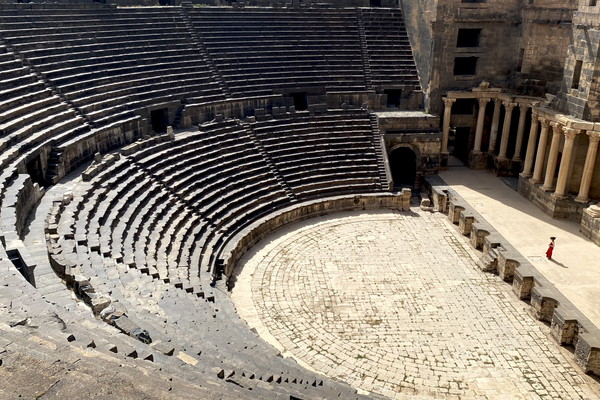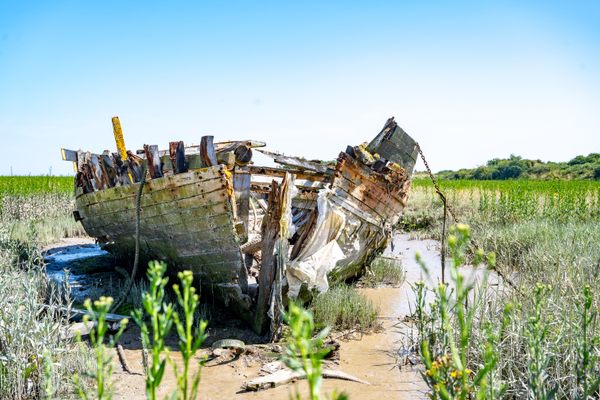About
It was a shock when Roman Emperor Caligula's two massive ships were uncovered in their opulent glory in Lake Nemi. While their presence was known for centuries, their size and extravagance were thought to be greatly exaggerated.
Built to recall the pleasure barges of Egypt in Hellenistic times, the boats nearly covered the small lake. Of the two floating palaces, one had a temple, and both were around 250 feet long and 70 feet wide. Neither had any system for propulsion, and both were laden with marble decorations so that they only moved by being towed around the lake. The boats had running water (carried by pipes etched with Caligula's name), beautiful mosaics, inlaid ivory on the walls, and bronze sculptures.
Here on Nemi, surrounded by the beautiful Alban Hills, Caligula could indulge his pleasures, which were said to have included incest, having peoples' tongues cut out, and slaughtering suspected enemies one by one. (Whatever crimes he committed, the Emperor was not sane: He also tried to appoint his favorite horse to the Senate.)
It's not clear why the huge boats were ultimately left to sink to the bottom of the lake: A storm or earthquake could have done them in, though one legend says that Caligula sank them himself amid a drunken orgy.
All in all, Caligula spent away the money saved by the more frugal Tiberius in fits that may have yet to be surpassed by even the most decadent modern dictator.
Fittingly, it was a 20th-century dictator, the fascist leader Benito Mussolini, who directed the recovery of the Nemi ships. People had been trying to pull them from the water since the 15th century, but with no success. In the 1920s, under orders from Mussolini, the lake was drained and the ships were dug out from the mud. Soon after being uncovered, however, the two ships were destroyed in World War II. There is some disagreement over which side caused the fire that overtook the ancient vessels.
The Museo delle Navi Romane at Nemi, Italy, which was built by Mussolini to house the ships, now holds some remaining artifacts and documentation.
Related Tags
Flavors of Italy: Roman Carbonara, Florentine Steak & Venetian Cocktails
Savor local cuisine across Rome, Florence & Venice.
Book NowCommunity Contributors
Added By
Published
June 3, 2010































